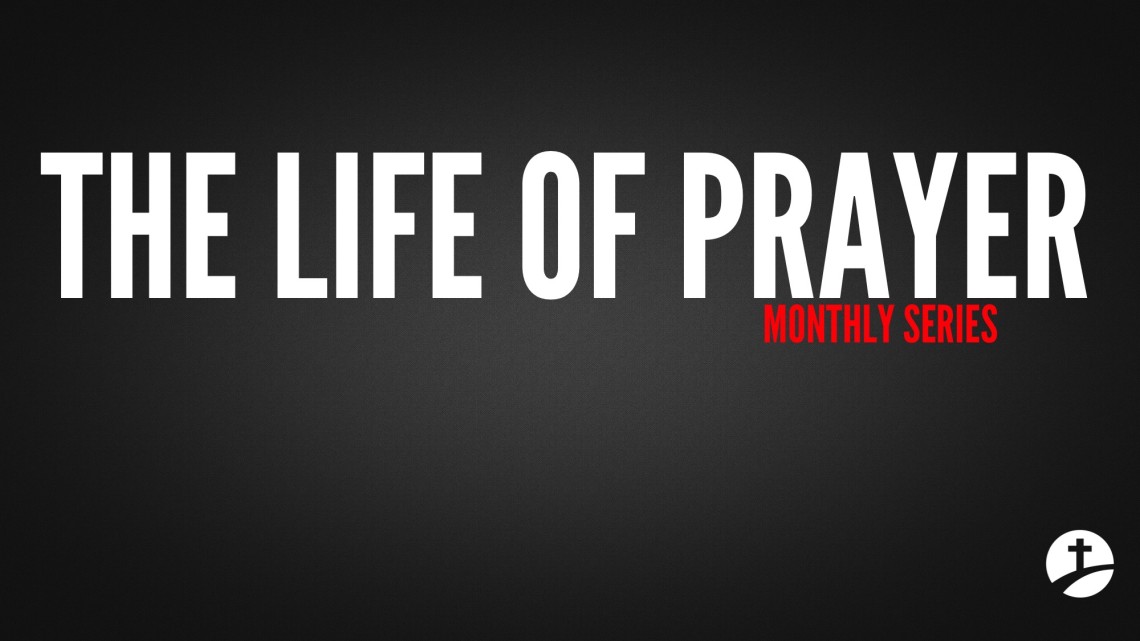Psalm 42:11, “Why are you downcast, O my soul? Why so disturbed within me? Put your hope in God, for I will yet praise him, my Savior and my God.”
The Old Testament Scriptures are full of examples of worship that we as New Testament Christians can learn from and apply in our prayer times. Some people today in the church try to make a difference between “praise” and “worship” by thinking praise is singing happy songs and that worship is singing slow songs to God. However, according to the Bible, giving God praise is a form of worship because worship means, “to love and obey God.”
Biblically speaking, praise and worship are not different music genres we use in church. But rather, praise is an expression of true worship. Notice what the psalmist wrote in Psalm 100:2-4, “2 Worship the Lord with gladness; come before him with joyful songs. 3 Know that the Lord is God. It is he who made us, and we are his; we are his people, the sheep of his pasture. 4 Enter his gates with thanksgiving and his courts with praise; give thanks to him and praise his name.” He praised and gave thanks to what he worshipped. Accordingly, you cannot truly praise God if you don’t worship and serve Him first.
For the next few lessons we will be examining Hebrew words in the Old Testament that teach different forms of praise that are considered worship. They express love and obedience to God in prayer. In today’s reading, the psalmist is praying and communicating to God that they are down cast in their soul, but they still are going to put their “hope in God” and “praise Him.” The Hebrew word for praise in this verse is, “yadah,” which, in its root form, can mean, “to throw or cast.” The psalmist is basically saying, “I will worship God by throwing all of my cares on Him.”
Imagine if you get caught robbing a bank, and the police say, “Cast all the money towards us and put up your hands!” The same is true in your Christian walk. God doesn’t want you carrying all your burdens by yourself. He wants you to cast and throw them on Him because He bore them on the cross (Psalm 55:22). Andrew Murray wrote, “May not a single moment of my life be spent outside the light, love and joy of God’s presence and not a moment without the entire surrender of myself as a vessel for Him to fill full of His Spirit and His love.” In this act of surrender, we get the tradition of raising our hands to signify casting our cares on God (Psalm 134:2).
The following is an example of performing “yadah,” if you face a tough time in your marriage, “Father, I surrender to you all the problems in my marriage. I let go of all my fears, failures, sins and worries and I decide today to put my full trust and hope in you. I believe you sent Jesus to be my perfect Savior and He is able to perfectly save my marriage. You are my God, the one that is ultimately in control of everything in my life. I believe that what you have joined together, no one can tear apart. My marriage will make it, in Jesus’ name, Amen!”
Whenever you face times of stress, worry, temptation or fear; do not freak out or run away from God. Run to God with yadah and worship Him in total surrender, because He will rescue you every time!
Be encouraged by what David wrote in Psalm 34:4-6 regarding how God rescues us from all our troubles, “4 I sought the Lord, and he answered me; he delivered me from all my fears. 5 Those who look to him are radiant; their faces are never covered with shame. 6 This poor man called, and the Lord heard him; he saved him out of all his troubles.”
Reflection
Action
- Surrender, in yadah worship, every situation in your life that is troubling you.
- Praise God in advance for all that He has promised to do.
- Boldly testify to others that Jesus Christ is your perfect Savior from all your troubles.



